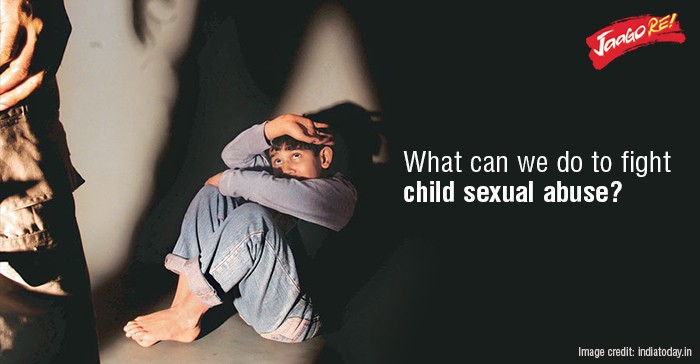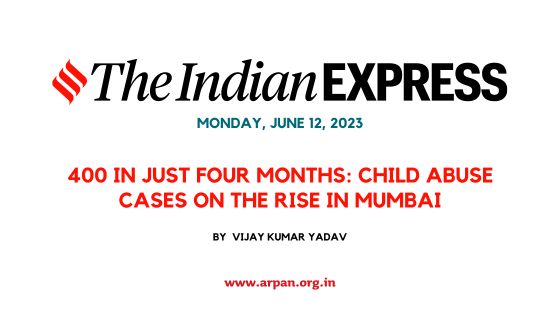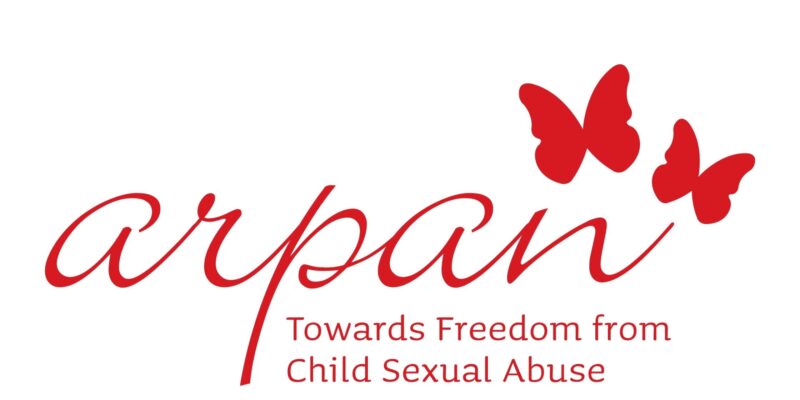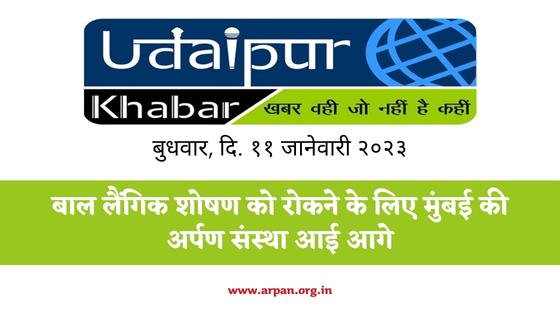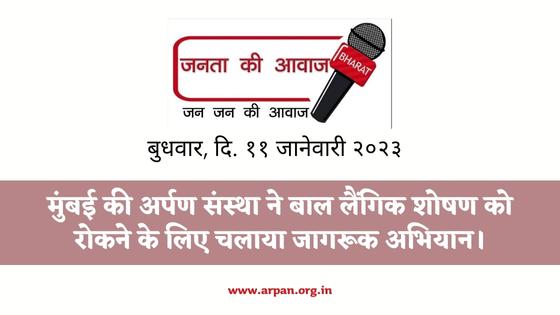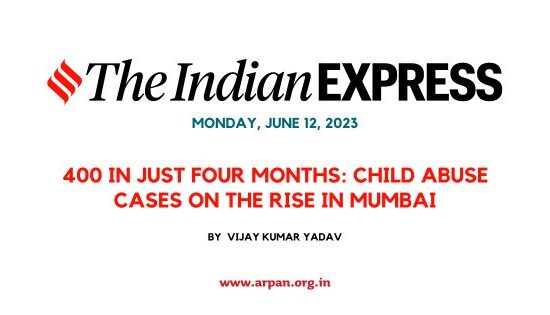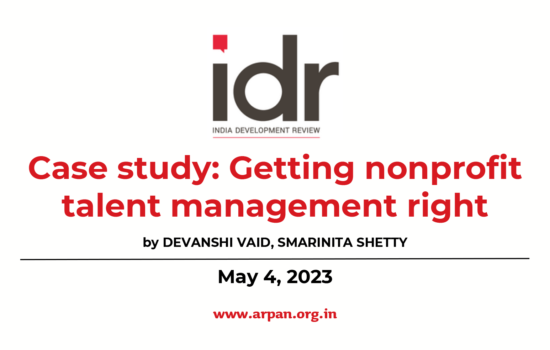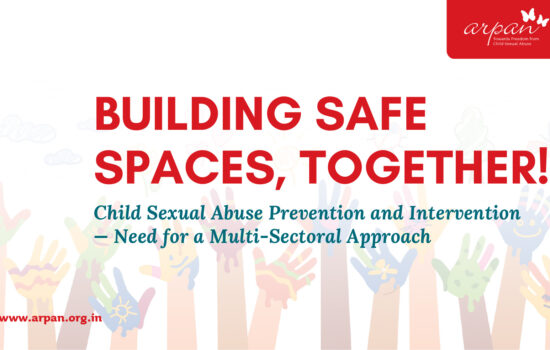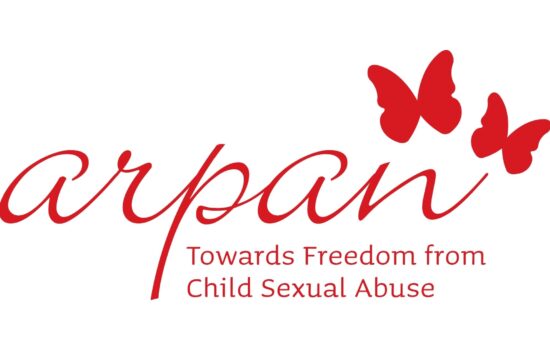Child sexual abuse is any act that involves using a child for the sexual gratification of a more powerful person. Some forms of child sexual abuse consist of engaging with a child in sexual activities, exposure of body parts to a child or using a child to produce pornography. Abuse can occur anywhere, including home, school, or work. The abusers can be anyone—men, women or even older children. Most often they are known to the children they abuse.
According to the National Child Abuse Study in 2007, every second child has been subjected to one or more forms of sexual abuse. Over 21% of those interviewed said they were subjected to severe forms of sexual abuse. Of these 21%, 57% were boys and 43% were girls.
IMPACT OF CHILD SEXUAL ABUSE
For survivors, the impact of child sexual abuse can be devastating. They may feel major grief and exhibit a wide range of psychological symptoms, both short- and long-term.
In the short-term, children may exhibit regressive behaviors like thumb-sucking and bed-wetting, sleep disturbances, problems in eating, behavior problems at school, and unwillingness to participate in school or social activities.
Longer-term effects may be quite extensive, including anxiety, self-destructive behaviors like alcoholism or drug abuse, insomnia and many more.
Survivors may panic and exhibit symptoms of Post-Traumatic Stress Disorder. They may experience problems in adult relationships and sexual functioning.
Survivors may feel annoyed at the mere mention of the abuser or the incident, at others who failed to guard them, and at themselves for not having been able to stop the abuse.
Some may not have any impact at all.
SPEAK UP!
Child sexual abuse is not an accident and not necessarily a single event in the child’s life. Learn the early warning signs and ways to effectively voice out your concerns. Sexual abuse can be prevented. Adults must take the principal responsibility for protecting children by voicing out any doubtful behavior, which may risk the child’s safety.
Here are a few ways we can ensure child safety:
Show interest in their everyday lives. Get to know the people in your child’s life.
Choose caregivers vigilantly.
Teach children differences between safe and unsafe touches and encourage them to report it if they experience any unsafe touch or situation.
Let the child know that no one has the right to touch them in a way they don’t like or make them feel uncomfortable. Teach your child the names of their body parts. Teaching a child these words gives them the vocabulary to share when something is wrong.
Let them know it is not their fault and they won’t get in trouble if they speak up.
Take active steps NOW and help prevent child sexual abuse.
Arpan teaches personal safety skills to children in schools and provides therapeutic services to children and adult survivors of childhood sexual abuse.
Source: jaagore

